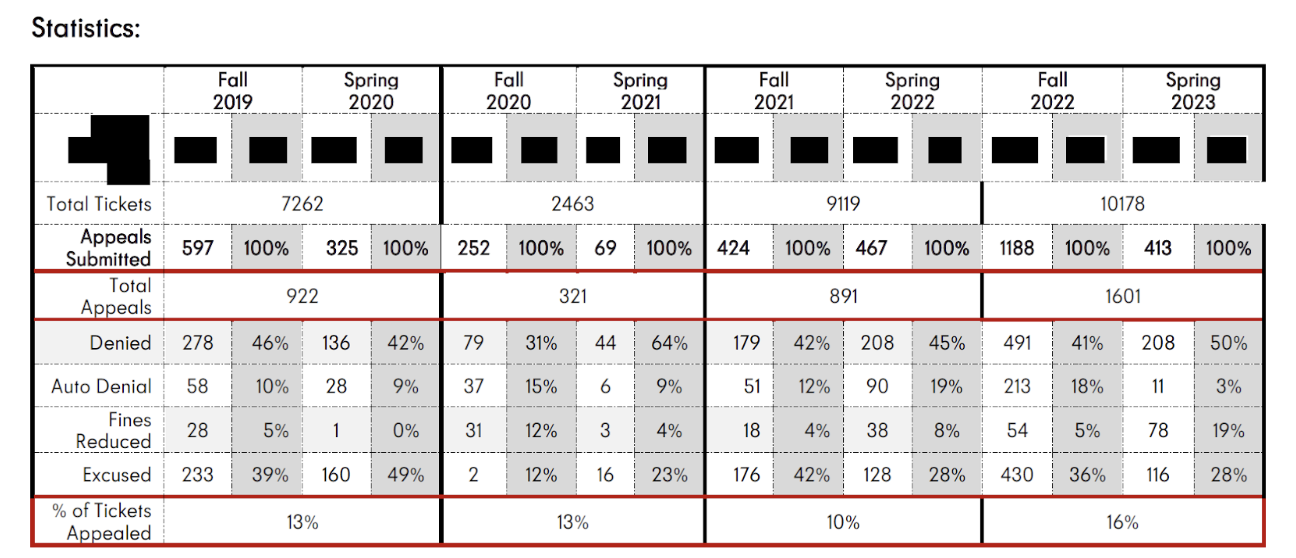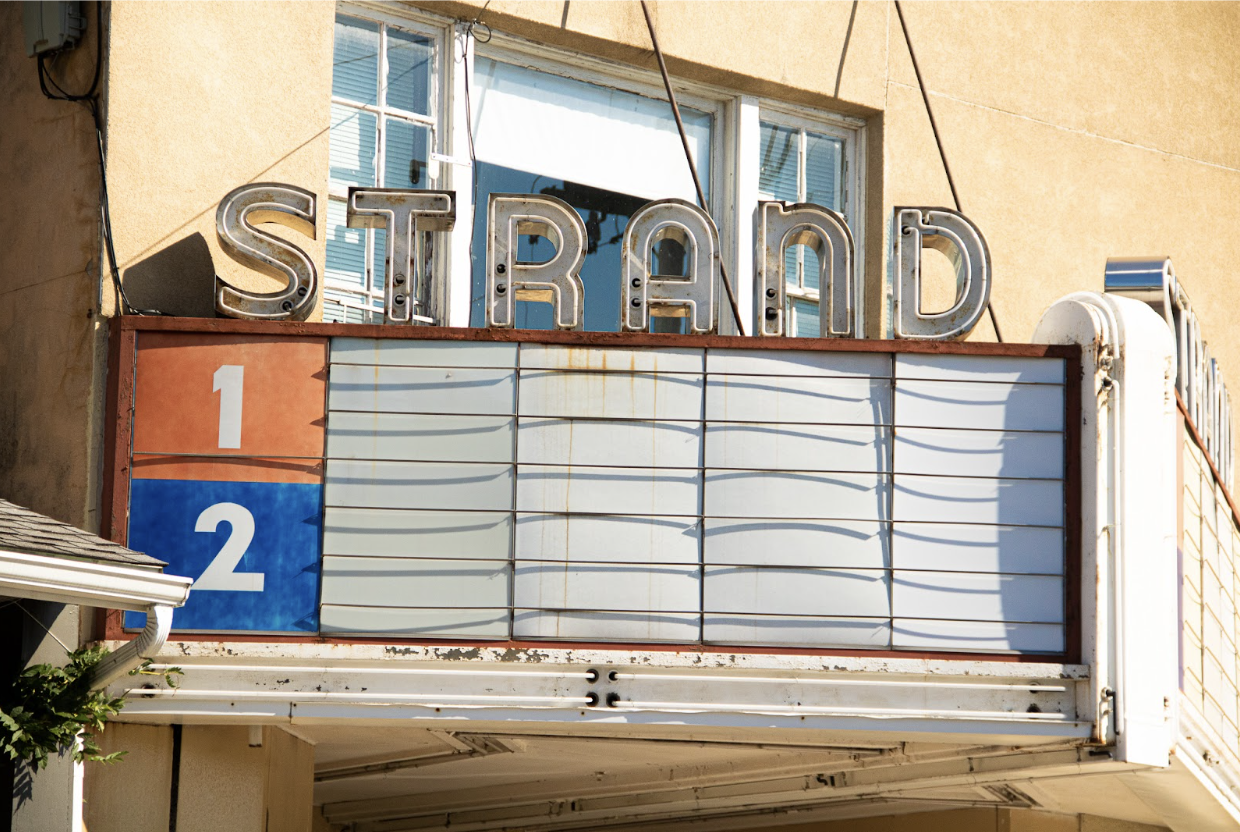By Ashley Nave
According to the U.S. Census Bureau, the United States has the most unbalanced economic distribution of any other wealthy democracy in the developing world.
The top 1 percent of Americans control 40 percent of America’s wealth. This is an overall skyrocket since the Great Depression, and the success rate of the majority of U.S. citizens has been declining over the last few decades. Unlike those in that top percentile, the lower classes’ work is becoming less significant.
American workers are trying their best to keep up with the amount of product being made daily, though it’s all underrepresented. The workers don’t receive nearly enough compensation for the long hours they work, nor do they make the money that they should. Instead, taxes are minimized for the upper class and maximized for the lower.
“Large corporations and their lobbyists have created loopholes enabling corporations to avoid an estimated $100 billion a year in taxes by shifting profits to the Cayman Islands and other offshore tax havens,” said U.S. presidential candidate Bernie Sanders.
The ones who are suffering from these tax loopholes are providing the most income for big corporate businesses. If the middle and lower class can’t afford their product, then the economy inevitably suffers.
Erika Rawes from USA Today has created a list of the non-luxury items that working class people can no longer afford. Some of those items are new vehicles, debt (credit card or school loans), emergency savings, retirement savings, and medical care.
The domino effect is that the rich lose profit, the economy weakens and the ability to stabilize the inequality slowly diminishes.
While the rest of the nation is suffering, the wealthy are at the top, assuming the economy will balance itself out. It would make sense for them to believe this because the top 1 percent’s economy has bounced back since the 2008 recession. But the economy won’t bounce back if there is no money for the middle and lower class to spend.
“When a handful of yachts become ocean liners while the rest remain lowly canoes, something is seriously amiss,” according to an economist in the New York Times article “The Spreading Scourge of Corporate Corruption.”
But there are people who believe the opposite: that inequality does not exist and there is a fair trade. Those who agree with this logic feel as though the upper class earns their way to the top, but it’d more considerable if people in the upper class weren’t born into their wealth.
“Self-made wealthy people are disappearing – six of today’s 10 wealthiest Americans are heirs to prominent fortunes after being ‘born into the right family,’” writes Robert Reich, former U.S. Secretary of Labor.
Opportunity isn’t always in the hands of the creator because opportunity may very well come in the form of a gift. There are people who start from the bottom and make their way up, but the majority will never come close to that 1 percent.





Leave a Reply